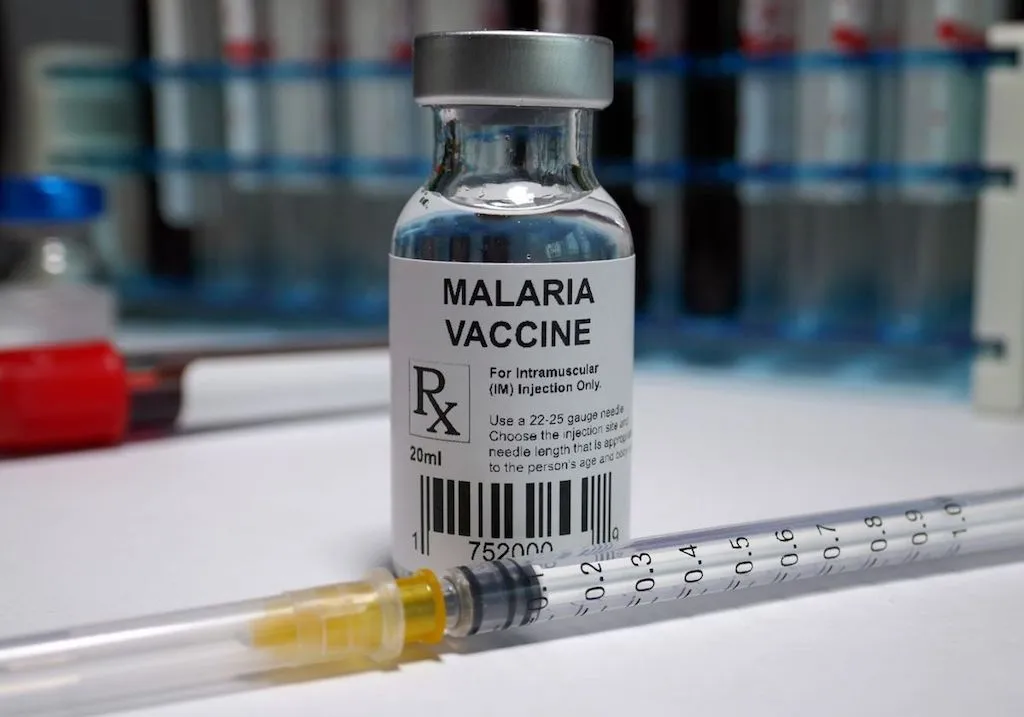HEALTH

MALARIA VACCINATION GAINS MOMENTUM AS WHO TARGETS 25 COUNTRIES BY 2025
The World Health Organization (WHO) has announced an ambitious initiative to incorporate malaria vaccines into childhood immunization programs in up to 25 countries by the end of 2025. This significant move was shared by WHO’s Director-General, Tedros Ghebreyesus, during an online media conference focused on pressing global health issues.
Mr. Ghebreyesus highlighted the potential of these vaccines to save tens of thousands of young lives each year. However, he expressed grave concerns regarding recent cuts to U.S. funding for global health initiatives, which he warned could undermine these efforts. While he did not directly comment on the U.S. withdrawal from WHO, he pointed out that the funding cuts specifically pertain to direct U.S. contributions through agencies like USAID and the U.S. Centers for Disease Control and Prevention (CDC).
The effects of these funding reductions are already being felt, leading to severe disruptions in the supply chains for malaria diagnostics, treatments, and insecticide-treated nets, due to stockouts and delayed deliveries. Mr. Ghebreyesus noted, “The U.S. has been the largest bilateral donor in the fight against malaria for the past two decades, preventing an estimated 2.2 billion cases and 12.7 million deaths.” If these disruptions persist, he cautioned that we could see an additional 15 million cases of malaria and 107,000 deaths this year, potentially reversing 15 years of progress.
A similar crisis is unfolding in the fight against HIV, where the suspension of funding for the President’s Emergency Plan for AIDS Relief (PEPFAR) has halted critical services for HIV treatment, testing, and prevention in over 50 countries. Mr. Ghebreyesus reported that eight nations are experiencing severe disruptions to antiretroviral therapy, with some on the brink of running out of medication in the coming months. This could result in more than 10 million additional HIV cases and three million HIV-related deaths.
The Director-General also highlighted significant impacts on tuberculosis (TB) programs, with 27 countries in Africa and Asia facing disruptions due to shortages of healthcare workers, diagnostic tools, and failing data systems. Nine countries have already reported challenges in procuring TB medications, putting the lives of many at risk. He stated, “Over the past two decades, U.S. support for TB services has saved nearly 80 million lives, but this progress is now jeopardized.”
Furthermore, the WHO’s Global Measles and Rubella Network, exclusively funded by the U.S., is facing an imminent shutdown amidst rising measles outbreaks worldwide. In 2024 alone, 57 major measles outbreaks have been reported, continuing a troubling trend from previous years.
Mr. Ghebreyesus warned that these cuts also threaten efforts to eradicate polio, monitor emerging diseases like avian influenza, and respond effectively to disease outbreaks and humanitarian crises. Nearly 24 million individuals living in crisis situations are at risk of losing access to essential health services.
He called on other donor nations to step up and emphasized that countries reliant on U.S. funding must increase their domestic health spending to sustain progress in disease control and maintain essential health services.
"This represents a significant development in our ongoing coverage of current events."— Editorial Board









